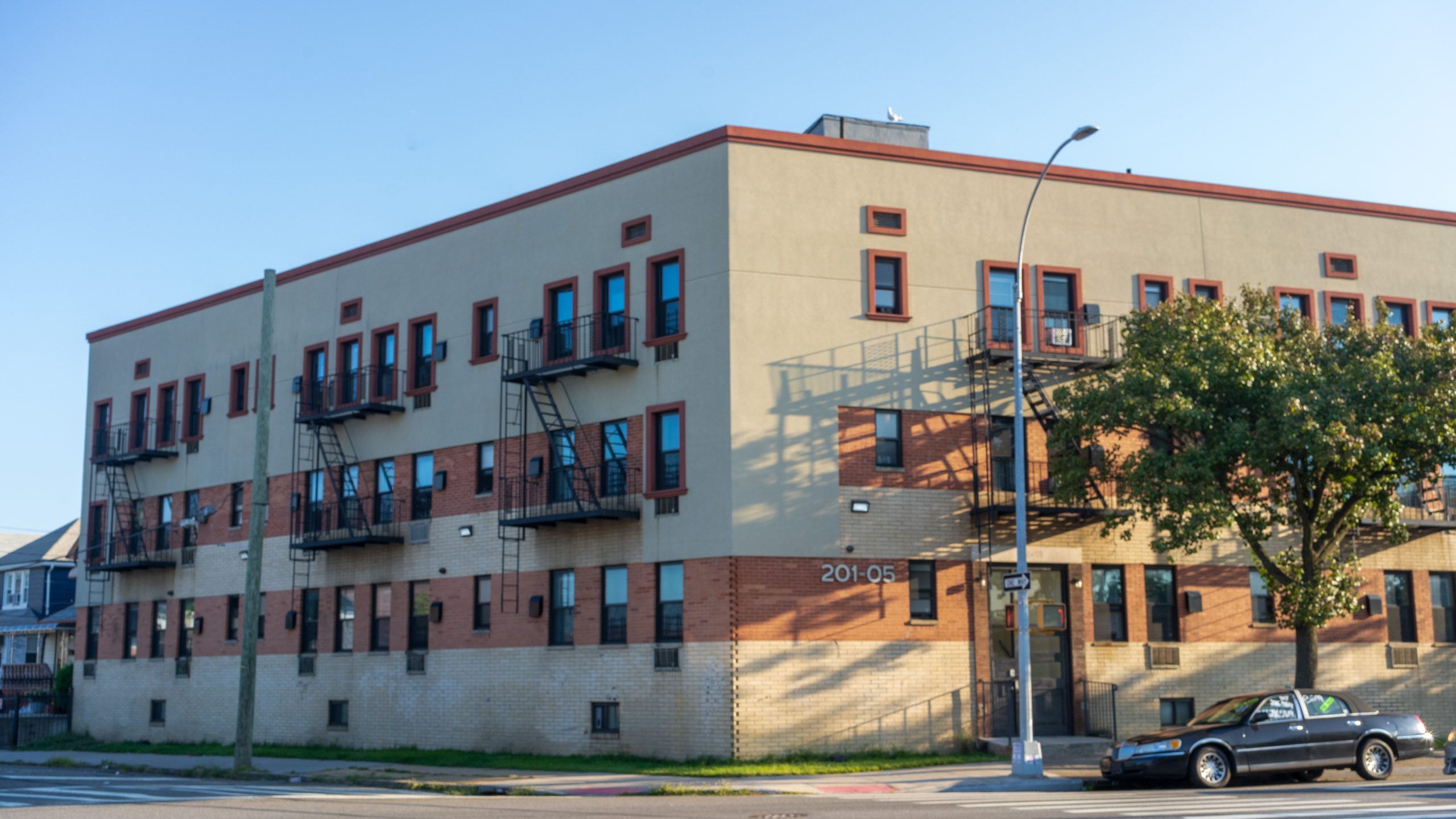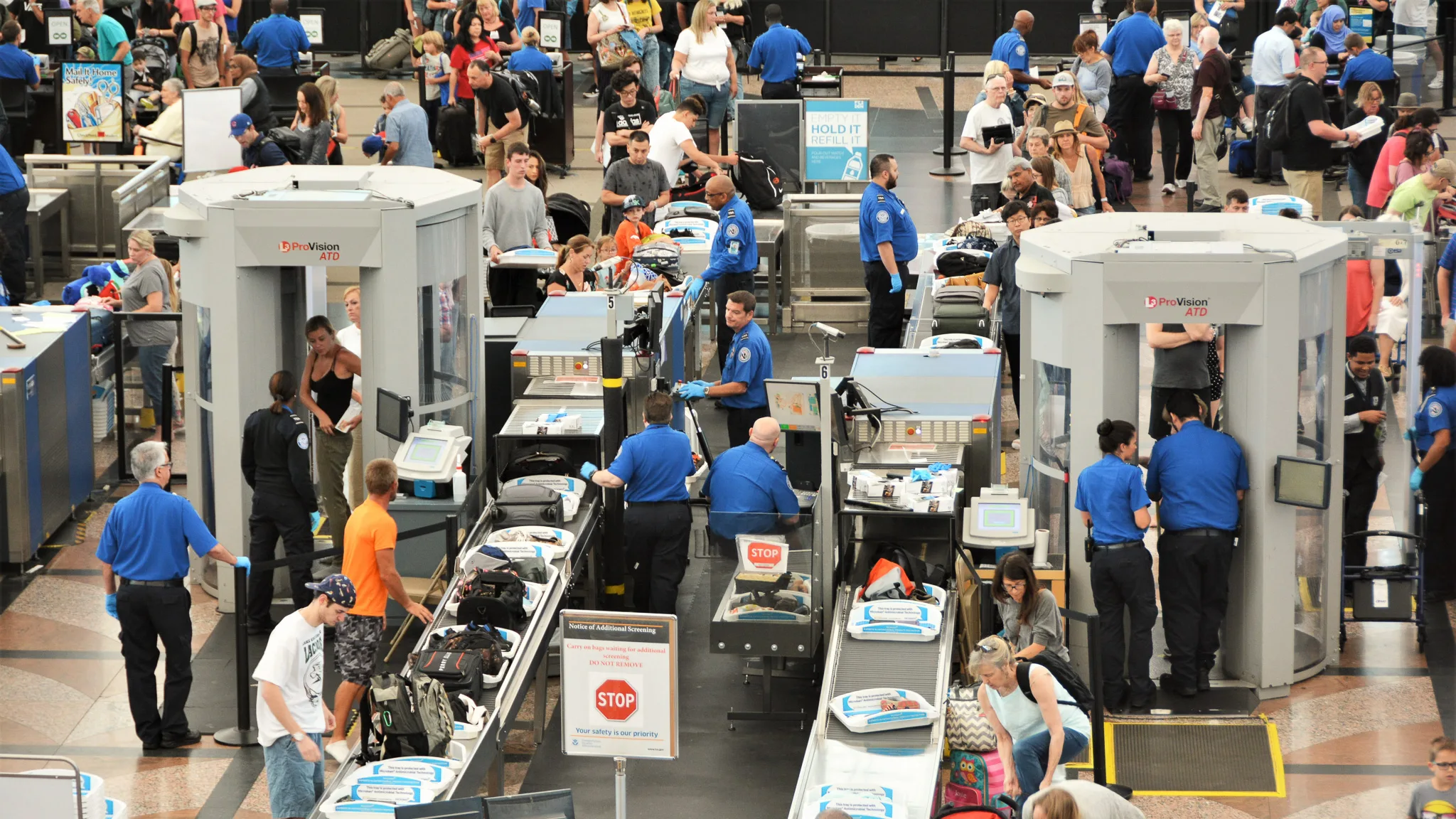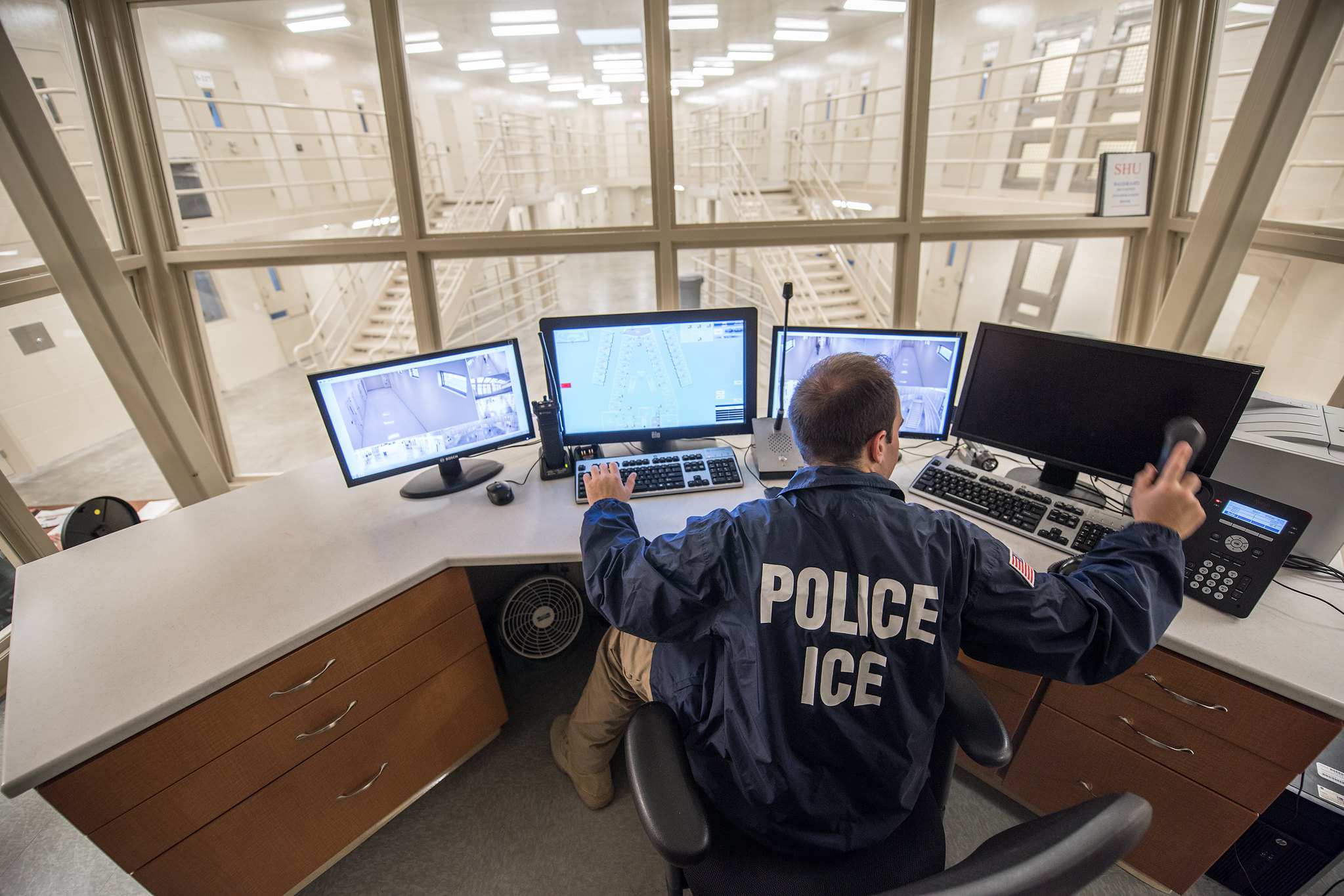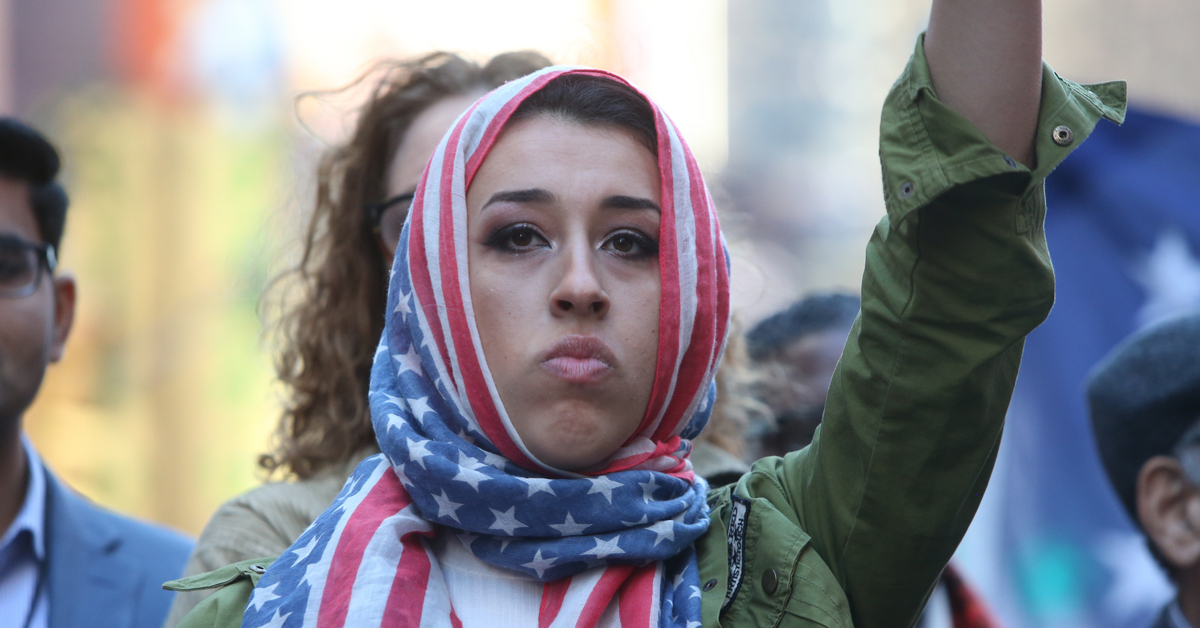The 15-year-old boy walked out of the shelter on Tuesday holding a black garbage bag stuffed with trash from the apartment he had shared with his mother. She had taken her own life just two days earlier.
But he had returned to the space they had lived in together, determined to clean the apartment and keep it tidy, just like his mother had – even though she was now gone.
The teenager, Kevin, had gone to a nearby park on Sunday afternoon. His mother, Leidy Paola Martinez Villalobos, had stayed in their apartment at the Hollis Family Residence in Queens, where they had been living after they arrived in New York City from Colombia in the spring. That Sunday was supposed to be a day filled with fun for Kevin and his seven-year old sister Anny – they had planned to go to the beach in Coney Island, and explore the boardwalk alongside their family friends.
But instead, when Kevin came back from the park that Sunday, he found his mother dead.
“He felt desperate, he didn’t know what to do. He told me that his mom had died,” said John Alexander Bernal Camacho, Kevin’s father and Martinez Villalobos’ husband. “I was in shock, I couldn’t believe it.”
Now, Kevin and his sister are left without a mother while they remain separated from their father, who is back in their neighborhood of Diana Turbay in Bogotá, Colombia’s capital city.
Although the City has not publicly released the identity of Martinez Villalobos, 32; Documented is publishing her name with permission of the husband, who was already notified of her death. The location of the shelter her family was staying at was first reported by NBC 4 New York.
More than 11,600 migrants have gone through the City’s shelter intake since May. As buses continue to arrive at New York’s Port Authority from Texas, an estimated 8,500 migrants are currently in shelters, while officials scramble to find housing for those coming in. But the challenges for many of these migrants persist well beyond when they find a roof over their heads.
Martinez Villalobos and her two children, all of whom made the journey from Colombia to New York, were still living in a shelter almost five months after their arrival in the United States. Interviews with other residents at the facility, family friends and her husband, detail a bleak reality for a migrant family whose aspirations of grasping the American dream crumbled inside the walls of a New York City shelter.
Getting to New York
The family of four took a plane from Colombia to Mexico City in April, and from there made their way on buses to Mexicali, in Northern Mexico, said Bernal Camacho, Martinez Villalobos’ husband. They then spent an arduous few days crossing the desert into Arizona, he said. But once they were apprehended by immigration officials in late April, Bernal Camacho was separated from his family and detained, he said.
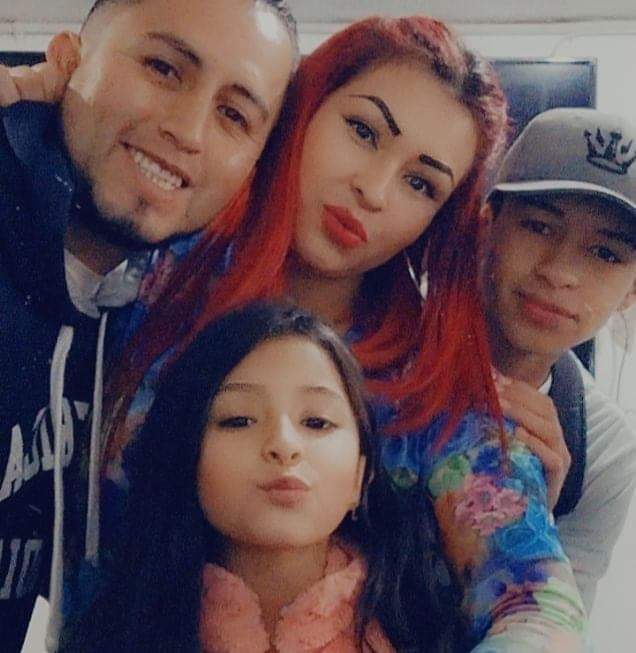
“That was the last time I saw her,” Bernal Camacho, 32, said about his wife.
He never made it to New York to reunite with his wife and children. He tried two more times to enter the States, unsuccessfully. His last attempt to enter the country happened just nine days ago, he said.
Meanwhile, Martinez Villalobos and the two children she shared with her husband made their way to the City, and settled into the shelter in Queens. They had heard that there was more assistance and a better education in the U.S. than there was in Colombia.
Martinez Villalobos was someone who loved learning, who cared for her children deeply and was looking to further her studies and the career she had back home as a dental assistant, her husband said.
The couple had been together for 17 years, and had been married for six of those. They grew up as childhood friends in their home neighborhood of Diana Turbay in Bogotá, and began to build their life together as teenagers. Bernal Camacho cherished the happiest moments he had with his wife: the day they were finally married through the Church, and the births of their two children. He had hoped to create more joyful memories together in the U.S.
“The dream we had was to go to New York to have a good future and a better life for our kids,” he said. “We were searching for a better future, and instead, this tragedy happened.”
Trouble at the Shelter
Even from afar, Bernal Camacho could hear his wife’s pain. With each phone call, he sensed she was becoming more lonely and withdrawn. As the weeks passed, it seemed that Martinez Villalobos began to feel depressed. And in conversations with her husband, she detailed the myriad of obstacles she was facing in her new city.
Also Read: Department of Homeless Services Officer Is Suspended After Striking Migrant at Shelter
Martinez Villalobos was having tremendous difficulty finding work, so putting food on the table became a struggle. Some days, the family was forced to ration their food intake, Bernal Camacho said. At the shelter, Martinez Villalobos had a sparse internet connection, and would sometimes search for Wi-Fi at bus stops to call her husband, making the distance between them feel even more vast.
City workers threatened to take away her children if she left them without supervision, even briefly, Bernal Camacho said, so she rarely went out on her own. Once a dental assistant in Colombia, her goal of furthering her own career in the United States faded as work prospects dimmed and she felt increasingly trapped within the confines of the shelter, her husband and a family friend said.
“My wife wasn’t feeling well. Where she lived, the only thing they offered her was a shelter, a roof,” he said. “They didn’t offer her economic help, or food, or work.”
Being separated exacerbated these hard times, Bernal Camacho said. “With the despair and everything, and the fact that I wasn’t there because she needed me,” he said, “all of that pushed her to do what she did.”
Also Read: Migrants are Wrestling With the Complex Shelter System in NYC
The Department of Social Services and the Mayor’s Office declined to comment on the record about Bernal Camacho’s account of his wife’s experiences with New York City resources and the shelter system. By law, the City is not permitted to comment on the specific case at this time, a statement from the Mayor’s office said, previously released to the public on Monday.
Arlès, the family friend, who is a migrant from their same neighborhood and arrived in New York about two months ago, said that Martinez Villalobos had also expressed to him that she was depressed and stressed. “I told her to take things slow,” he said. “Every time I would tell her that as soon as I could save up, I would rent a house so that we could all be together, cook together and that she could work while my wife watched the kids.”
Kevin and Anny are now staying with Arlès, who did not want to share his last name for privacy reasons, at a hotel shelter for the time being in Queens, he said.
Though some said they were satisfied with the shelter, other residents interviewed also said they found life there very difficult, pointing to issues such as a lack of language services in the facility, maltreatment from the staff and strict guidelines about their schedules and what appliances are allowed in their rooms.
A spokesperson for the Department of Social Services said that protecting the health and safety of clients is the agency’s “top priority.”
“As part of our legal and moral obligation to provide shelter to anyone who needs it regardless of background or immigration status, we are working around the clock to ensure that we are providing shelter support for recently-arrived asylum seekers,” the spokesperson said.
Also Read: As Asylum Seekers Arrive in NYC, Many Struggle to Get on Their Feet
On Monday, Mayor Eric Adams released a statement that an asylum seeker had taken her own life in a shelter. “Our hearts break for this young woman and any loved ones she may have, and we, as city mourn her,” Adams said.
At an unrelated press conference on Monday, Mayor Adams said that the failure lies in the practices of Texas Governor Greg Abbott, who has been busing migrants from Texas to New York. But the incident is not reflective of a “failure” of New York City employees, he said.
“A woman, I believe, was traumatized by this whole experience. This is not a failure of those men and women, those city employees who have stayed up late at night, been at the bus station feeding, navigating. No, it’s not a failure. City employees are not failures — they’re hardworking civil servants,” Adams told reporters.
What comes next, the family asks
Kevin has spent the last few days since his mother’s death worried that he will be separated from his sister – his only family in the United States.
But his father hopes that for now, his children will be able to stay together with Arlès until they can come back to Colombia, Bernal Camacho said. “He [Kevin] is scared, he just wants to be with me,” he said. “And he doesn’t want to leave his sister.”
Bernal Camacho’s greatest wishes are clear. He wants to be reunited with his children. And he pleads for his wife’s body to be returned back to their homeland, so that he can lay her to rest in the same place their childhood romance first began.
If you or someone you know needs access to mental health support services call 888-NYC-WELL (888-692-9355), or text “WELL” to 65173. Additionally, you can also chat online. Your information is always confidential. For assistance near you, visit our guide: Mental Health Resources for Immigrants in New York
